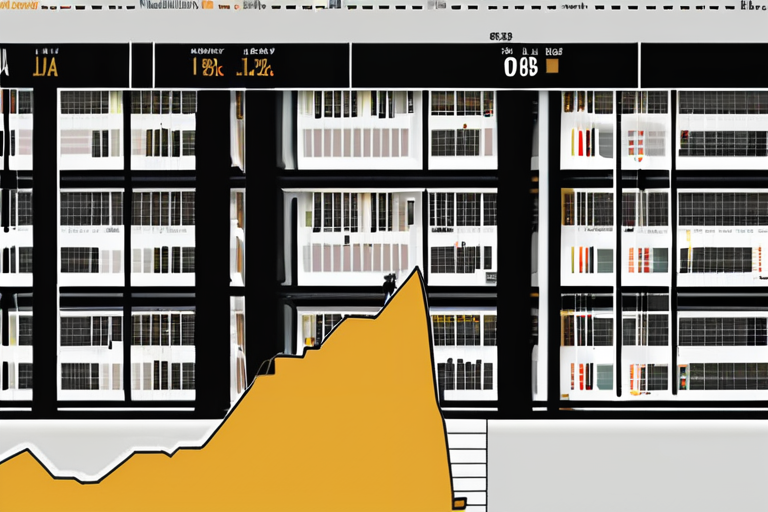Top Economist Slams Colleagues for Repeatedly Misjudging Economic Strength


Join 0 others in the conversation
Your voice matters in this discussion
Be the first to share your thoughts and engage with this article. Your perspective matters!
Discover articles from our community

 Hoppi
Hoppi

 Hoppi
Hoppi

 Hoppi
Hoppi

 Hoppi
Hoppi

 Hoppi
Hoppi

 Hoppi
Hoppi

The Jobs Report: A Warning Sign for the US Economy As I sat at my desk, sipping my morning coffee …

Hoppi

Goldman Sachs Warns of Potential Stock Market Shock Before Year-End The US stock market, often described as a "Goldilocks" scenario …

Hoppi

The Fed Got it Wrong Again: Top Economist Slams Central Bank as Job Gains Collapse In a scathing critique, renowned …

Hoppi

U.S. Stocks Chip Away at Europe's Outperformance as Powell Signals Dovish Fed Rates The U.S. stock market has staged a …

Hoppi

Navigating the New Normal: CFOs Manage Uncertainty as Talent Remains a Big Worry In today's ever-changing business environment, chief financial …

Hoppi

Top Analyst Declares End of Rolling Recession with Elon Musk's DOGE Layoffs A leading Wall Street analyst has declared that …

Hoppi